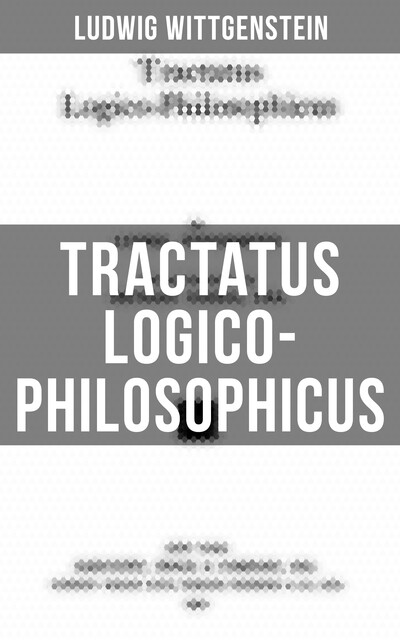Tractatus Logico-Philosophicus
125 паперових сторінок
- Правовласник
- Bookwire
- Дата публікації оригіналу
- 2017
- Рік виходу видання
- 2017
- Видавництво
- Musaicum Books
Цитати
- Ana Quirozцитує5 років томуThe book deals with the problems of philosophy and shows, as I believe, that the method of formulating these problems rests on the misunderstanding of the logic of our language.
- Ana Quirozцитує5 років томуWhat can be said at all can be said clearly; and whereof one cannot speak thereof one must be silent
- Ana Quirozцитує5 років томуThe book will, therefore, draw a limit to thinking, or rather—not to thinking, but to the expression of thoughts; for, in order to draw a limit to thinking we should have to be able to think both sides of this limit (we should therefore have to be able to think what cannot be thought).
fb2epub
Перетягніть файли сюди,
не більш ніж 5 за один раз


